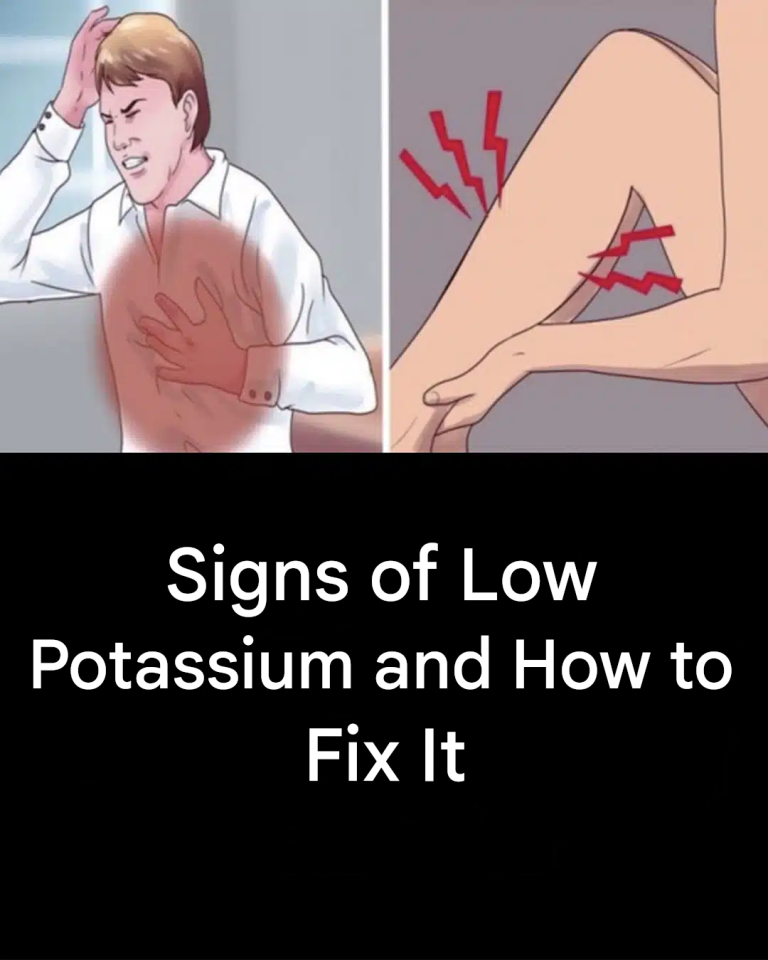ADVERTISEMENT
Unexplained fatigue, numb muscles, sluggish concentration… What if it’s simply a potassium deficiency? This often-overlooked mineral plays an essential role in the functioning of our bodies. Although present in our diet, it remains one of the nutrients we consume in insufficient quantities. Why is it so important, and how can you make sure you’re getting enough every day? Useful insights and practical advice.
What does potassium really do in our body?
Potassium acts as a discreet but essential regulator . It helps maintain normal blood pressure , stabilizes heart rate , and facilitates muscle contractions . Without it, our muscles (including the heart) would be in a poor state. But that’s not all: it participates in the transmission of nerve signals , regulates fluids in the body , and is involved in energy management .
Think of it as a trusted assistant for your cells. It helps them absorb nutrients better , produce energy efficiently , and communicate clearly with the brain .
Potassium deficiency: how to recognize it?
The misleading thing about potassium deficiency is that the signs are often subtle. This is called hypokalemia . Symptoms include persistent fatigue, cramps, diffuse pain, and digestive problems.
In more severe cases, it can get worse: spasms , numbness , heart rhythm disturbances … These are signs that should never be ignored. The causes? An unbalanced diet , excessive losses (vomiting, diarrhea, profuse sweating) or certain medications .
How much potassium per day? And where can you find it?
ADVERTISEMENT
ADVERTISEMENT
